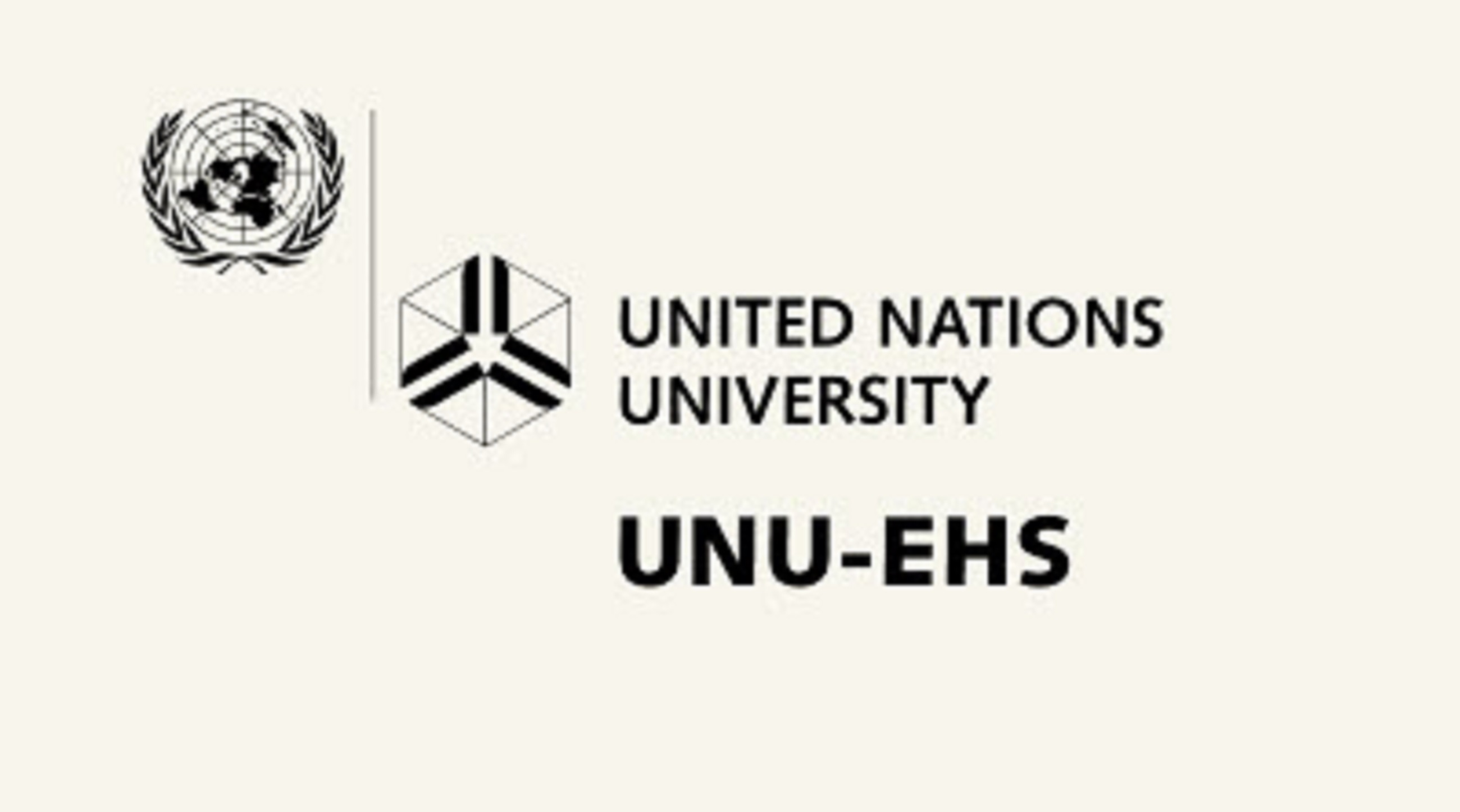How can the energy transition and digitalisation contribute to climate action? This was the central question to be answered during the academy week in Kigali. Access to energy is essential for health, education, capacity development and much more. Digitalisation and renewable energy can help not only to make this access possible, but also to make it sustainable.
Hundreds of millions of people still do not have access to energy. Globally, 730 million additional people are to be connected to electricity grids by 2030, and over 2 billion people are to be given clean-cooking opportunities. These ambitious goals were agreed at the UN High-level Dialogue on Energy in 2021. However, implementation remains unclear in many cases. During the academy in Kigali, participants split into two groups to work on two strands of work. The aim is to develop a policy brief with an accompanying technical paper from each of the two working groups. The target groups of the policy briefs are cities and municipalities on the one hand, and the international UN climate dialogue on the other. Through our partners ICLEI and UNFCCC, we can feed results into the right networks.
The energy transition and digitalisation will lead to serious changes in the way electricity is generated and supplied. Not only will large, centrally controlled grids be supplemented by small solutions. The number and diversity of stakeholders involved will also increase. The roles of 'producer' and 'consumer' will not always remain distinct. Especially in rural, previously underserved regions, smart grids can contribute to turning passive consumers into so-called prosumers, who can generate energy themselves and pass on surpluses.
Interdisciplinary partnerships
One thing became clear at the Academy: in order to follow this new path, collaboration of many different actors at different levels is needed. Mobile phone providers, local governments, development cooperation actors, IT and digitalisation experts, electricity providers and many more need to be involved. Interdisciplinary and multilateral partnerships are thus key words that have been used again and again. In Kigali, we entered into exchange with several institutes. Among others, the SDG Center for Africa, the African Institute for Mathematical Sciences (AIMS) and the Africa Center of Excellence in Energy for Sustainable Development (ACE-ESD) at Rwanda University. Our participants represented 20 different institutions, ranging from UNDP and UNEP to academic institutions and the private sector. In this constellation, it should be possible to generate important impulses from this network.
The two working groups plan to complete the policy briefs by the end of 2022. The documents will be accompanied by technical papers that go into greater detail and present case studies. The aim is to keep the momentum high, keep the group together, strengthen networks and launch further joint projects through a series of virtual follow-up activities.
The Climate Academy 2022 - Stage II was organised by the Munich Re Foundation and UNU-EHS in collaboration with UNFCCC and ICLEI in Kigali, Rwanda from 25 September to 29 September 2022. 28 participants, experts and hosts attended the internal workshops. We welcomed around 60 participants to the public panel at Rwanda University.
CB, 10 October 2022
.JPG/_jcr_content/renditions/crop-16x9-1280.jpg./crop-16x9-1280.jpg)
.JPG/_jcr_content/renditions/crop-16x9-1280.jpg./crop-16x9-1280.jpg)
.JPG/_jcr_content/renditions/crop-16x9-393.jpg./crop-16x9-393.jpg)
.JPG/_jcr_content/renditions/crop-16x9-1280.jpg./crop-16x9-1280.jpg)
.JPG/_jcr_content/renditions/crop-16x9-1280.jpg./crop-16x9-1280.jpg)
.JPG/_jcr_content/renditions/crop-16x9-1280.jpg./crop-16x9-1280.jpg)
.JPG/_jcr_content/renditions/crop-16x9-1280.jpg./crop-16x9-1280.jpg)
.JPG/_jcr_content/renditions/crop-16x9-1280.jpg./crop-16x9-1280.jpg)
.JPG/_jcr_content/renditions/crop-2x1-768.jpg./crop-2x1-768.jpg)



